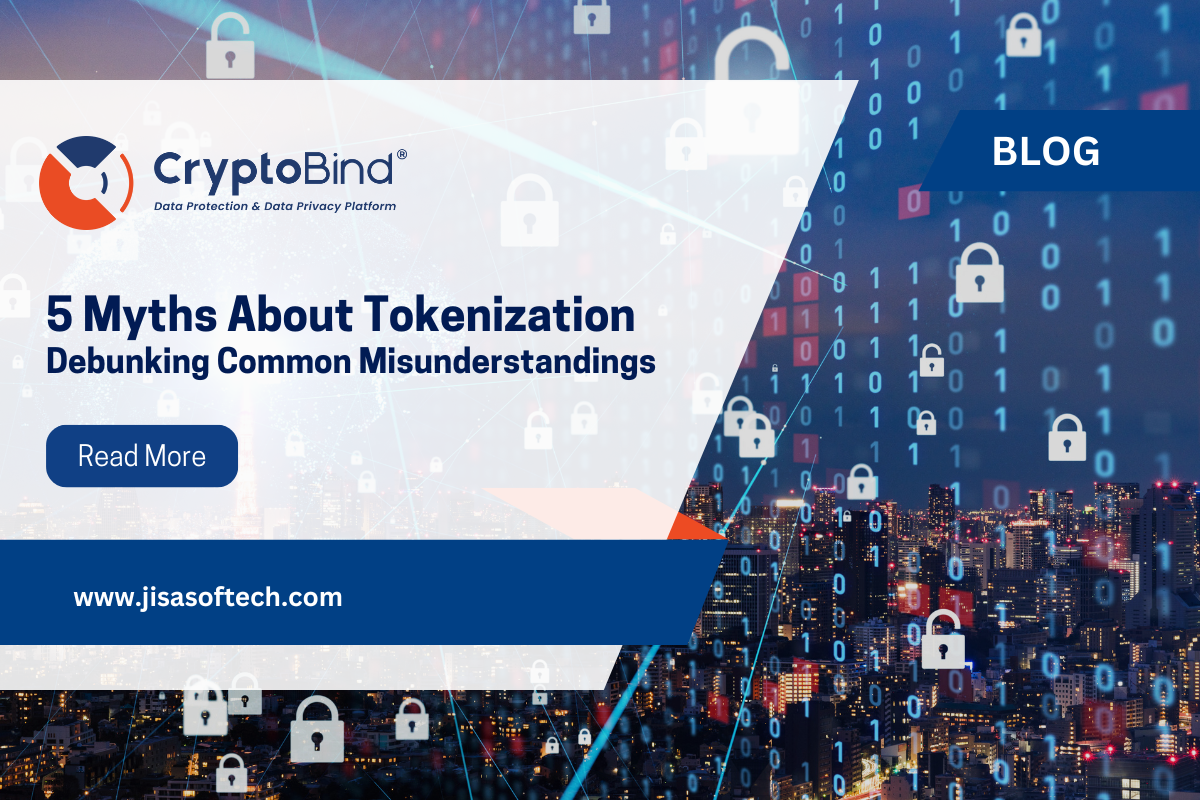Tokenization, a key strategy in the realm of data security, involves replacing sensitive information with non-sensitive “tokens” to conceal the original data. This method is widely used in industries like finance and healthcare to protect personally identifiable information (PII) and comply with data protection regulations. Despite its importance, there are common misconceptions surrounding tokenization that need to be debunked to understand its true capabilities and limitations.
One of the most prevalent myths about tokenization is that it is identical to encryption. While both methods aim to enhance data security, they operate differently. Encryption uses algorithms to transform data into an unreadable format that requires a specific key for decryption. On the other hand, tokenization substitutes sensitive data with tokens, which are essentially random strings with no intrinsic value. The actual data is stored securely in a separate location called a token vault, making the token meaningless without access to the vault.
Another misconception is that tokenization provides complete anonymity. In reality, tokenization only replaces sensitive data with tokens and does not eliminate identifiable information. Anonymization involves altering or removing personal identifiers to ensure data cannot be linked back to individuals. While tokenization enhances security by minimizing exposure, it does not guarantee anonymity, as tokens could potentially be traced back to the original data if the token vault is compromised.
There is also a belief that tokenization slows down transactions due to the additional steps involved in creating and managing tokens. However, modern tokenization systems are designed for speed, typically completing operations in milliseconds. The impact on transaction speed is minimal, with the security benefits outweighing any minor delays. Efficient tokenization can even improve the customer experience by providing a secure and fast payment process.
Another myth is that tokenization is only for large enterprises. In reality, businesses of all sizes can benefit from tokenization to protect sensitive information. Small and medium-sized enterprises (SMEs) are often more vulnerable to cyberattacks, making them prime targets for data breaches. Implementing tokenization can significantly reduce the risk of data exposure for organizations of any size, making it a wise investment for businesses handling sensitive customer information.
Not all tokenization systems require unique tokens for every instance, contrary to another common myth. The need for token uniqueness depends on the specific application and use case. Unique tokens may be essential in certain contexts to prevent conflicts, while in other scenarios, tokens can be reused without issues. Customizing the tokenization system based on the organization’s needs and objectives is crucial for its effectiveness.
In the context of digital payments, tokenization plays a crucial role in enhancing transaction security. With the increasing adoption of digital payment methods, protecting sensitive information during online transactions is vital. Tokenization helps mitigate the risks of data breaches by replacing card details with unique tokens, keeping the true information hidden from cybercriminals.
The Reserve Bank of India has implemented guidelines for tokenization to enhance public trust in the digital payment ecosystem. By mandating the non-storage of sensitive card data, these guidelines promote the use of tokenization as a standard practice. This not only increases the security of customer information but also simplifies payment processes without compromising safety.
Understanding the realities of tokenization can help businesses appreciate its significance in enhancing data security and protecting customer information in a digital landscape. By dispelling common myths and embracing the benefits of tokenization, organizations can strengthen their security measures and build trust with customers in an increasingly data-driven world. Contact us to learn more about CryptoBind Vaultless Tokenization and Vaultbased Tokenization solutions and how they can be tailored to meet your data protection needs.


